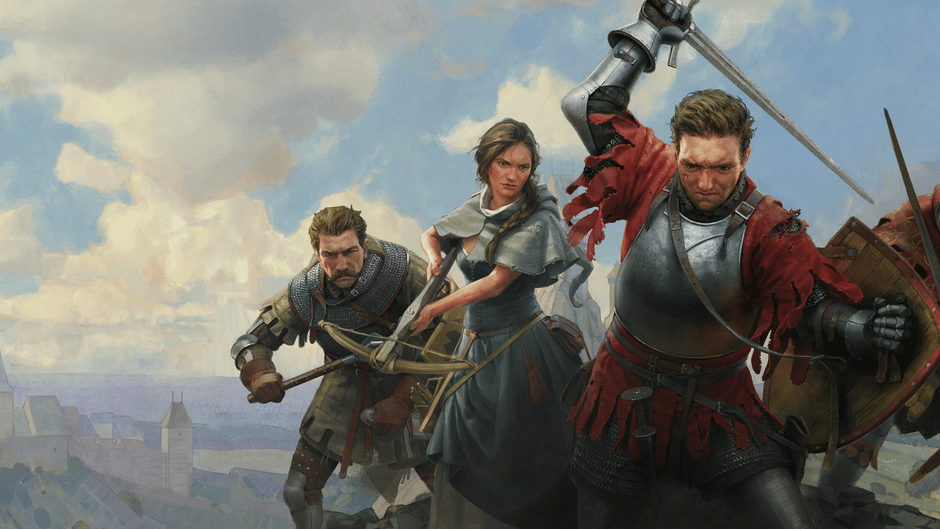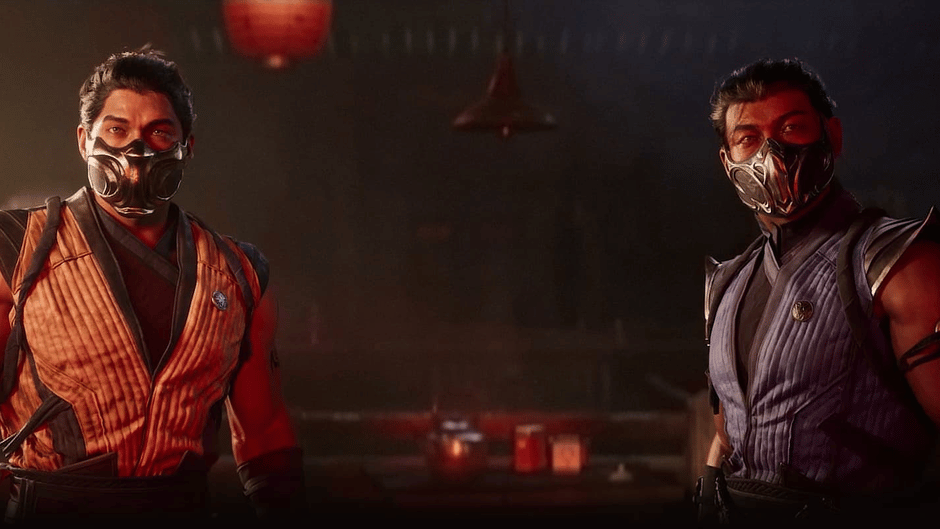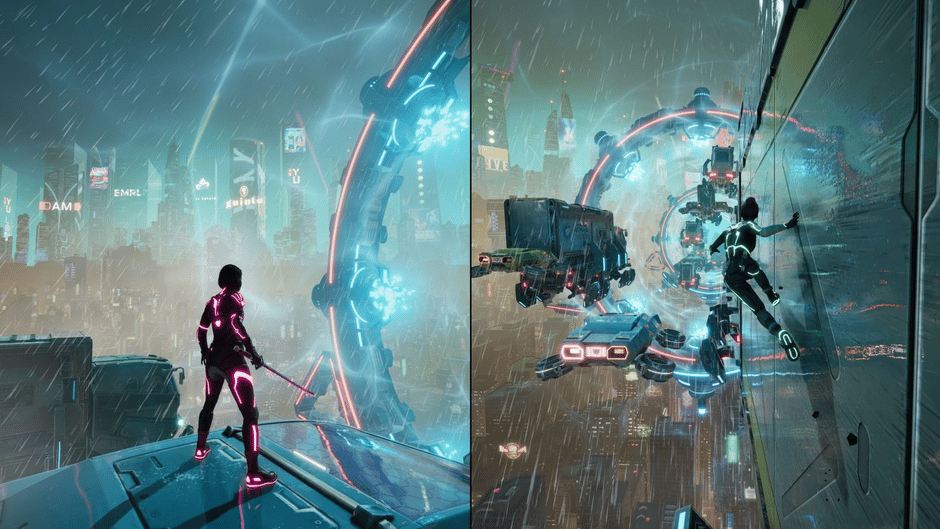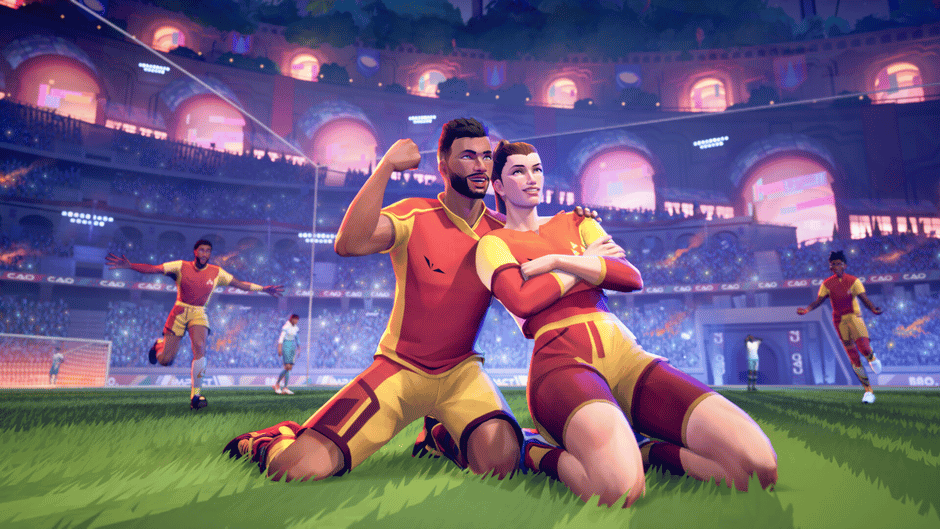Revisiting Mass Effect 2: A Sci-Fi Epic That Set a New Standard for Storytelling
In the vast universe of video game storytelling, few titles have left as indelible a mark as Mass Effect 2. Released in 2010, this sci-fi epic not only continued the saga of Commander Shepard but also redefined what players could expect from narrative-driven games.
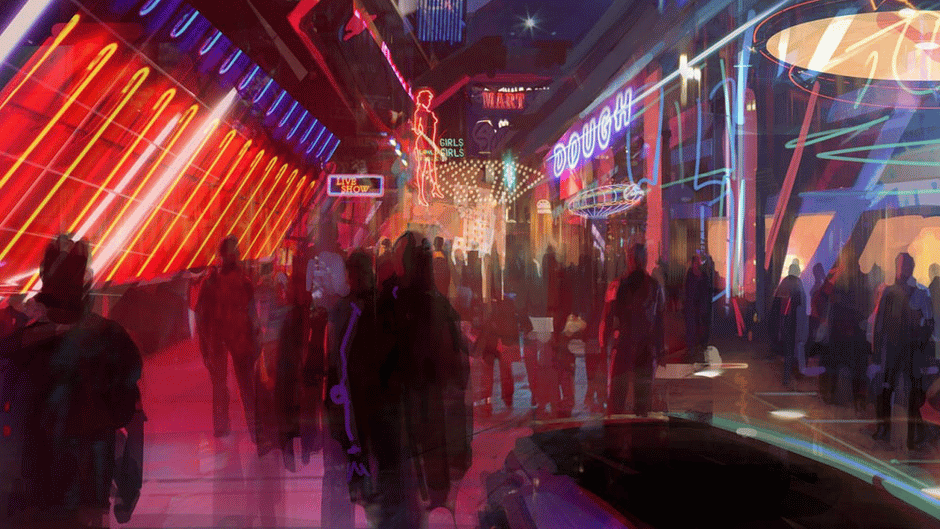
In the vast universe of video game storytelling, few titles have left as indelible a mark as Mass Effect 2. Released in 2010, this sci-fi epic not only continued the saga of Commander Shepard but also redefined what players could expect from narrative-driven games. As we approach the 15th anniversary of its release, it's time to revisit this masterpiece and explore why it continues to resonate with gamers and critics alike.
The Story That Shook the Galaxy
Mass Effect 2 opens with a bang—literally. The destruction of the SSV Normandy and the apparent death of Commander Shepard set a tone of urgency and high stakes that permeates the entire game. Shepard's resurrection by the controversial pro-human organization Cerberus immediately plunges players into a morally gray area, forcing them to question alliances and motivations from the very start.
The main plot revolves around investigating the mysterious disappearances of human colonies across the galaxy. This central mystery evolves into a race against time to stop the Collectors, an enigmatic insectoid race, from abducting more humans for nefarious purposes. The revelation that the Collectors are building a human-Reaper, combining organic material with advanced technology, adds a horrifying dimension to the threat.
Character-Driven Narrative Excellence
Where Mass Effect 2 truly shines is in its character-driven storytelling. The game introduces a diverse cast of companions, each with their own complex backstories, motivations, and personal quests. From the troubled biotic Jack to the stoic assassin Thane, every character feels fully realized and integral to the narrative.
The loyalty missions for each squad member not only provide depth to their characters but also serve as some of the most memorable and emotionally impactful moments in the game. These missions often force players to make difficult moral choices, further blurring the lines between right and wrong in the Mass Effect universe.
The Suicide Mission: A Culmination of Choices
The game's finale, known as the Suicide Mission, is a masterclass in consequence-driven storytelling. Every decision made throughout the game, from ship upgrades to the assignment of specific tasks to squad members, can result in life or death outcomes. This creates a sense of genuine tension and responsibility, as players must live with the consequences of their choices.
The possibility of losing beloved characters permanently adds weight to every decision, making the Suicide Mission one of the most memorable and anxiety-inducing finales in gaming history. It's a testament to the game's writing that players become so invested in the survival of their virtual crew.
A Universe Expanded
Mass Effect 2 significantly expands the lore and scope of the Mass Effect universe. The game introduces new alien races, delves deeper into the politics and cultures of existing species, and explores the complex relationships between different factions. This rich world-building creates a believable and immersive sci-fi setting that rivals the best in literature and film.
The game's side quests and planet exploration add layers of depth to the universe, often presenting moral dilemmas that challenge players' perceptions and beliefs. These smaller stories contribute to the overall narrative tapestry, making the galaxy feel alive and responsive to the player's actions.
Gameplay Evolution
While the storytelling is the star of the show, Mass Effect 2 also made significant improvements to the gameplay. The combat system was streamlined and made more action-oriented, appealing to a broader audience while still maintaining RPG elements. The introduction of the thermal clip system for weapons, while controversial among some fans, added a new layer of strategy to firefights.
The game's pacing strikes a perfect balance between action-packed missions and quieter moments of character interaction and exploration. This variety keeps the gameplay fresh and engaging throughout the lengthy campaign.
Visual and Audio Mastery
Mass Effect 2's visual design is a feast for the eyes, with diverse and detailed environments ranging from the neon-lit streets of Omega to the sterile corridors of derelict ships. The character models and animations were a significant step up from its predecessor, allowing for more nuanced performances during dialogue scenes.
The game's soundtrack, composed by Jack Wall, is equally impressive. The music perfectly captures the mood of each scene, from the tense, electronic beats during combat to the haunting, ethereal themes that accompany moments of discovery and wonder.
The Impact on Gaming Narratives
Mass Effect 2's approach to storytelling has had a lasting impact on the gaming industry. Its emphasis on player choice and consequence, character development, and moral ambiguity set a new standard for narrative-driven games. Many subsequent titles have drawn inspiration from Mass Effect 2's structure, particularly its use of companion quests to deepen character relationships and impact the main story.
The game's success also demonstrated that complex, mature storytelling could be commercially viable in the AAA gaming space. This paved the way for more developers to take risks with narrative-heavy games, ultimately enriching the medium as a whole.
Criticisms and Controversies
Despite its many strengths, Mass Effect 2 is not without its critics. Some players felt that the main plot took a backseat to the character-driven stories, leaving the overall narrative arc feeling somewhat disjointed. The shift towards more action-oriented gameplay also disappointed some RPG purists who preferred the deeper customization options of the first game.
The game's association with Cerberus, a known terrorist organization, raised eyebrows among some fans who felt uncomfortable with the moral implications of working with such a group. However, these ethical quandaries ultimately contributed to the game's complex narrative landscape.
Legacy and Continued Relevance
Fifteen years after its release, Mass Effect 2 continues to be celebrated as one of the greatest games ever made. Its influence can be seen in countless titles that have followed, from sprawling RPGs to narrative-focused adventures. The game's themes of unity in the face of overwhelming odds, the consequences of technological advancement, and the complexity of interspecies relations remain relevant in today's world.
The recent release of the Mass Effect Legendary Edition has introduced a new generation of players to the trilogy, with many citing Mass Effect 2 as the standout entry. This remastered version allows both newcomers and veterans to experience the game with enhanced graphics and gameplay tweaks, ensuring its legacy lives on.
Conclusion: A Timeless Space Opera
Mass Effect 2 is more than just a game; it's a landmark achievement in interactive storytelling. Its blend of rich character development, consequential decision-making, and epic sci-fi narrative created an experience that continues to captivate players years after its release. As we look to the future of gaming, Mass Effect 2 stands as a shining example of the medium's potential to deliver complex, emotionally resonant stories that rival the best of any art form.
Whether you're a longtime fan or new to the series, revisiting Mass Effect 2 is a journey worth taking. It's a reminder of the power of choice in gaming, the importance of well-crafted characters, and the enduring appeal of a grand space opera. As Commander Shepard would say, "I'm Commander Shepard, and this is my favorite game on the Citadel."


